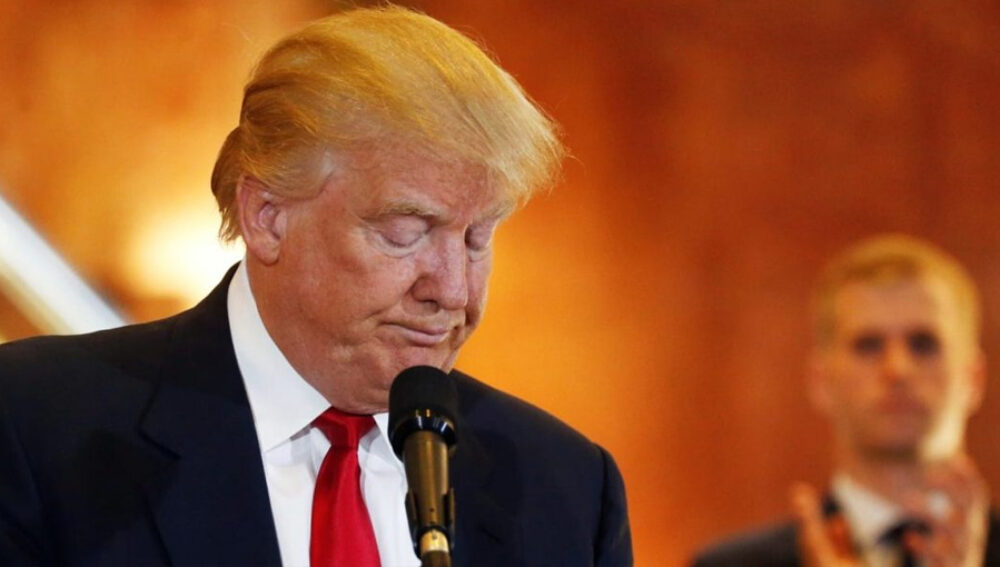IAN HALL |
Well before Trump became president, the US’s long-established China policy – a combination of engagement and deterrence sometimes called ‘congagement’ – was beginning to look threadbare.
Michael D. Swaine’s recent critique of the Trump administration’s Indo-Pacific strategy has generated a wide debate. The Wire has invited strategic affairs analysts from across the region to address some of the issues raised in the article.
There is much to dislike about Donald Trump and his handling of American domestic and foreign policy. There are also good reasons to doubt that the ‘Free and Open Indo-Pacific’ (FOIP) strategy reflects his preferences and will be implemented with consistency and competence.
It is hard, however, to see that FOIP will destabilise Asia, as Michael D. Swaine argues. The the region is, after all, already unstable, thanks to Beijing’s over-confident assertiveness, more than a decade of mixed messaging and half-hearted action from Washington, and 18 months of Trump’s fickle and foolish personal diplomacy. It is not obvious that FOIP will make matters markedly worse, if it does indeed have an impact on the US’s approach to the region, and there is reason to think it might make them better.
To Swaine, FOIP is unnecessarily ‘confrontational’ concerning China, representing a ‘departure’ from settled policy that may provoke a new Cold War. He thinks it embodies a ‘zero-sum’ view of international relations and a ‘cartoonish depiction’ of Beijing’s intentions. He calls for Washington take an alternative ‘untried path’: deepening economic integration and interdependence, establishing a ‘mutually beneficial balance of power’, and establishing ‘understandings’ on contentious issues, like Taiwan or North Korea.
Please click here to read the full “The case for a free and open Indo-Pacific” article at The Wire, written by Griffith Asia Institute member, Professor Ian Hall.








